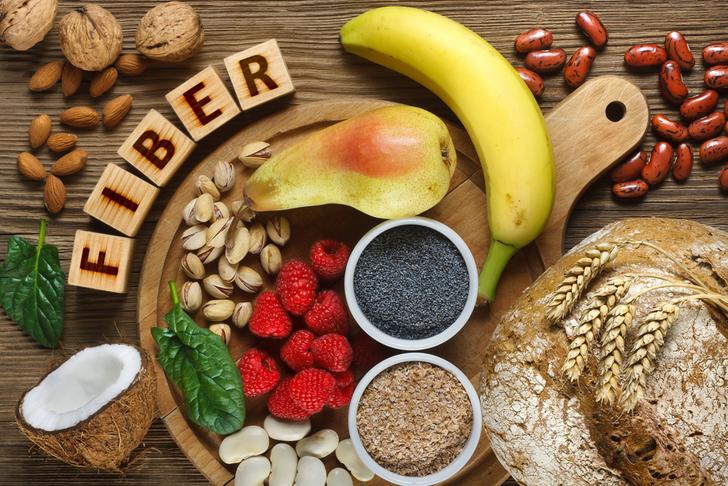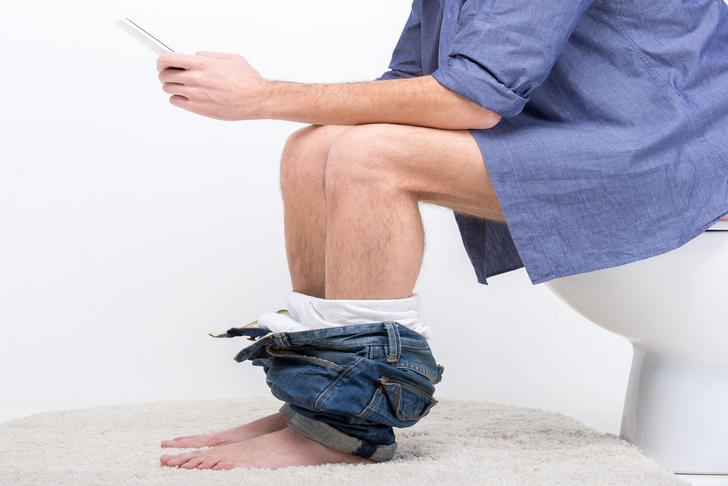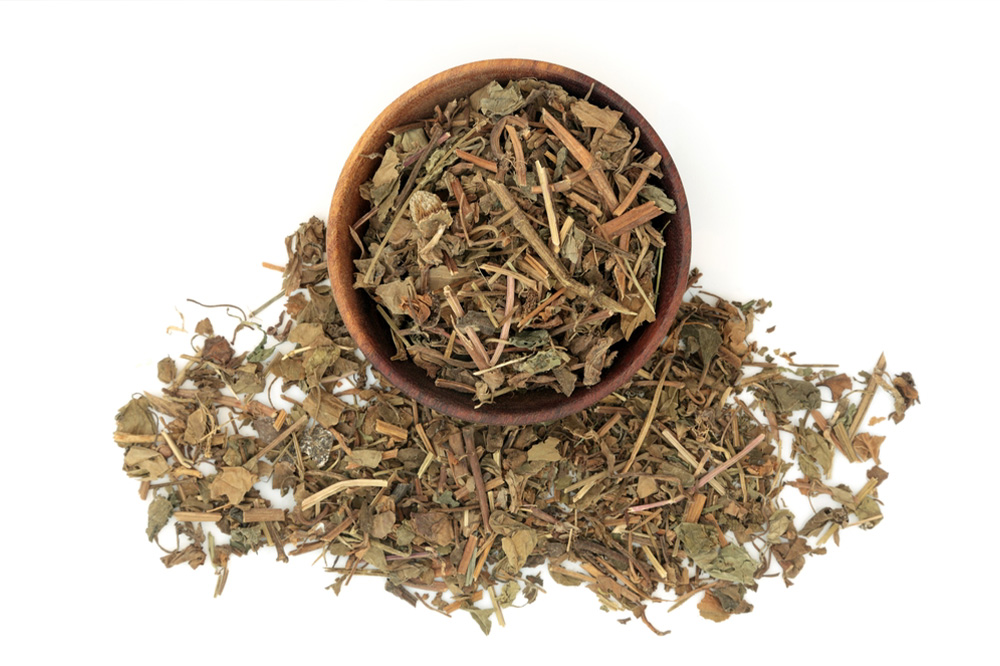10 Home Remedies for Constipation Relief
Constipation is a common digestive issue that affects people of all ages. It is characterized by infrequent bowel movements, hard or lumpy stools, and difficulty passing stools[[1]]. While constipation can be uncomfortable and frustrating, there are several home remedies that can help alleviate symptoms and promote regular bowel movements. In this article, we will explore 10 natural and effective home remedies for constipation relief.
Increase Fiber Intake
One of the most effective ways to prevent and treat constipation is to increase your fiber intake. Fiber adds bulk to your stool, making it easier to pass through your digestive system[[1]]. Foods high in fiber include fruits, vegetables, whole grains, and legumes. Aim to consume at least 25 grams of fiber per day for women and 38 grams for men[[2]].

Advertisement
Stay Hydrated
Drinking enough water is essential for maintaining regular bowel movements. Water helps soften stool and makes it easier to pass through the digestive tract[[3]]. Aim to drink at least eight 8-ounce glasses of water per day, and increase your intake if you are physically active or live in a hot climate.

Advertisement
Consume Prunes and Prune Juice
Prunes and prune juice are well-known natural remedies for constipation. They contain both fiber and sorbitol, a natural sugar alcohol that acts as a laxative by drawing water into the intestines[[4]]. Consuming prunes or prune juice daily can help improve stool frequency and consistency.

Advertisement
Exercise Regularly
Physical activity can help stimulate the muscles in your intestines, promoting regular bowel movements[[1]]. Aim for at least 30 minutes of moderate exercise, such as brisk walking, swimming, or cycling, most days of the week.

Advertisement
Try Over-the-Counter Laxatives
Over-the-counter laxatives can provide temporary relief from constipation. There are several types available, including fiber supplements, stool softeners, and stimulant laxatives[[1]]. Always follow the directions on the package and consult your healthcare provider if you are unsure which type is best for you.

Advertisement
Establish a Regular Bathroom Routine
Setting aside a specific time each day for bowel movements can help train your body to become more regular. Choose a time when you can relax and not feel rushed, such as after breakfast or dinner. Try to maintain this routine even on weekends and during travel.

Advertisement
Use the Squatting Position
Squatting can help align your colon and make it easier to pass stool. If you have difficulty squatting, try using a small stool or footrest to elevate your feet while sitting on the toilet. This position can help reduce straining and make bowel movements more comfortable.

Advertisement
Consume Probiotics
Probiotics are beneficial bacteria that can help improve gut health and promote regular bowel movements. They can be found in fermented foods like yogurt, kefir, and sauerkraut, or taken as a supplement. Look for products containing Bifidobacterium and Lactobacillus strains, which have been shown to be effective for constipation relief[[2]].

Advertisement
Try Abdominal Massage
Gently massaging your abdomen can help stimulate the muscles in your intestines and promote bowel movements. Use your fingertips to apply gentle pressure in a clockwise motion, starting at your lower right abdomen and moving up towards your ribcage, then across and down the left side.

Advertisement
Consider Herbal Remedies
Some herbal remedies, such as senna, aloe vera, and psyllium, have been used for centuries to treat constipation. These natural laxatives can be found in teas, capsules, or powders. However, it is important to use caution and consult your healthcare provider before using herbal remedies, as they may interact with medications or cause side effects.

Advertisement
Causes of Constipation
Constipation can occur due to a variety of factors:
Lack of Fiber: A diet low in fiber can cause constipation. Fiber-rich foods help add bulk and softness to the stools, making them easier to pass.
Physical Inactivity: Lack of physical activity can also contribute to constipation.
Medications: Certain medications, such as narcotics, antacids, iron supplements, and certain antihypertensives, can cause constipation.
Ignoring the Urge to Defecate: Regularly ignoring the urge to have a bowel movement can create a cycle of constipation.
Dehydration: Not drinking enough water can harden the stools, making them difficult to pass.
Medical Conditions: Certain medical conditions such as diabetes, neurological disorders, or digestive diseases can lead to constipation.
Advertisement
Symptoms of Constipation
Symptoms of constipation can include:
Infrequent Bowel Movements: Having fewer than three bowel movements per week is a common symptom of constipation.
Hard Stools: Stools may be hard, dry, or lumpy.
Straining: There may be difficulty or strain when trying to have a bowel movement.
Feeling of Incomplete Evacuation: After having a bowel movement, there might be a feeling that not all stool has been passed.
Abdominal Pain or Bloating: Some people may also experience discomfort or swelling in the abdomen.
Advertisement
Treatments for Constipation
Treatment for constipation often involves lifestyle changes and may include:
Increase Fiber Intake: Consuming more fiber-rich foods like fruits, vegetables, and whole grains can often help relieve constipation.
Hydration: Drinking plenty of fluids, particularly water, can help soften stools and make them easier to pass.
Exercise: Regular physical activity can help stimulate intestinal activity.
Over-the-Counter Laxatives: In some cases, over-the-counter products can help stimulate bowel movements.
Medication Changes: If a medication you’re taking is causing constipation, your doctor may change the medication or adjust the dosage.
Prescription Medications: In severe cases, a healthcare provider might prescribe a medication to help stimulate bowel muscles or soften stools.
Advertisement
Conclusion
Constipation, while a common and often uncomfortable condition, can typically be managed effectively with lifestyle changes and home remedies. By incorporating measures such as increasing your fiber and fluid intake, engaging in regular physical activity, and not ignoring the urge to have a bowel movement, you can alleviate constipation symptoms and promote regularity.
In conclusion, tackling constipation doesn’t have to be a struggle. With a plethora of home remedies available to ease symptoms and encourage regular bowel movements, improved digestive health is within reach. By integrating these remedies into your day-to-day routine, you can combat constipation, boost your digestive wellness, and relish in increased comfort and overall well-being. Remember, however, that persistent constipation should be evaluated by a healthcare provider to rule out underlying medical conditions.

Advertisement





